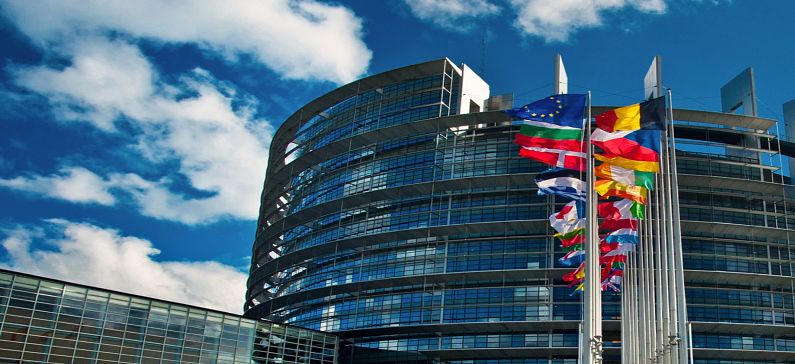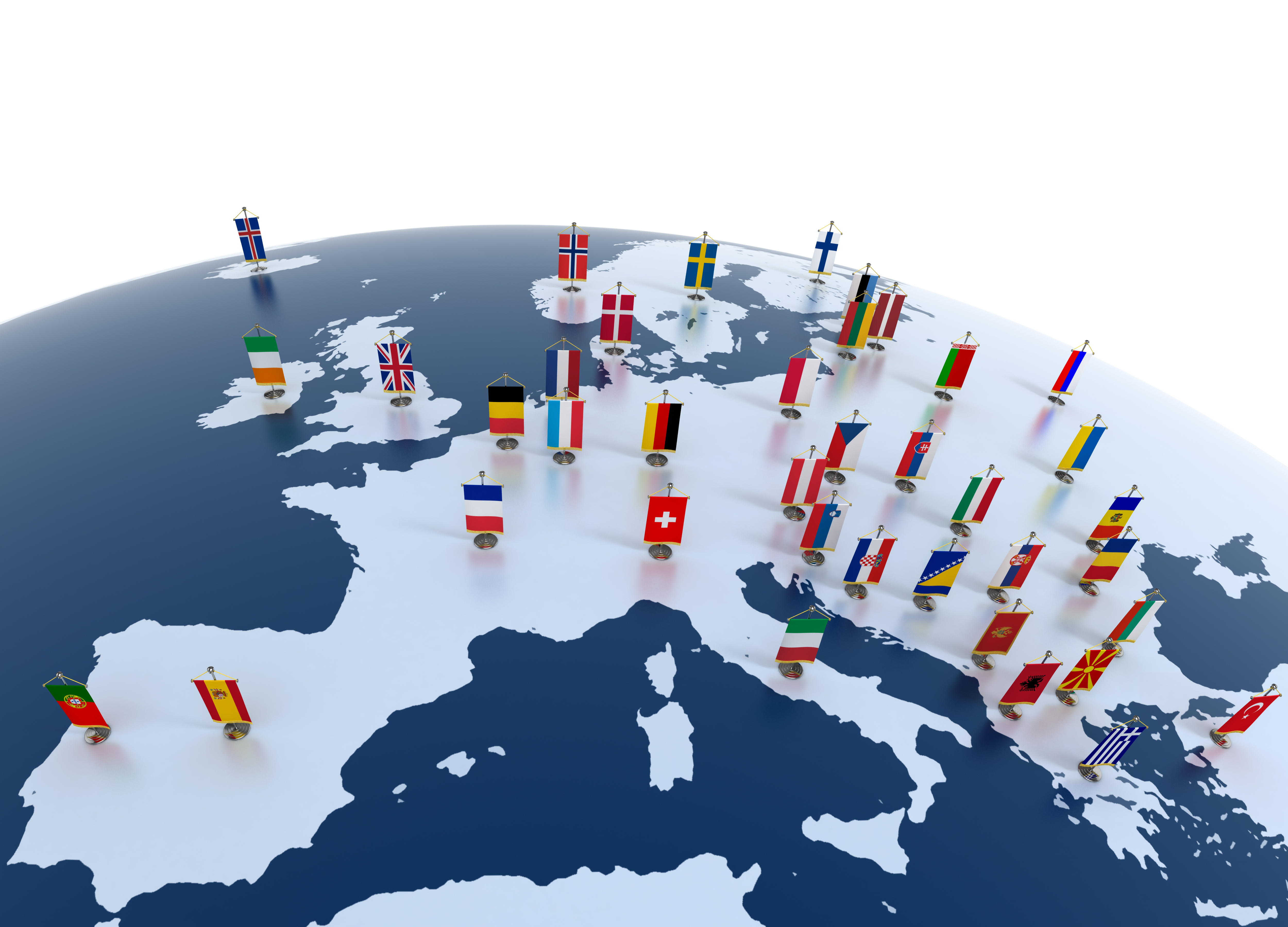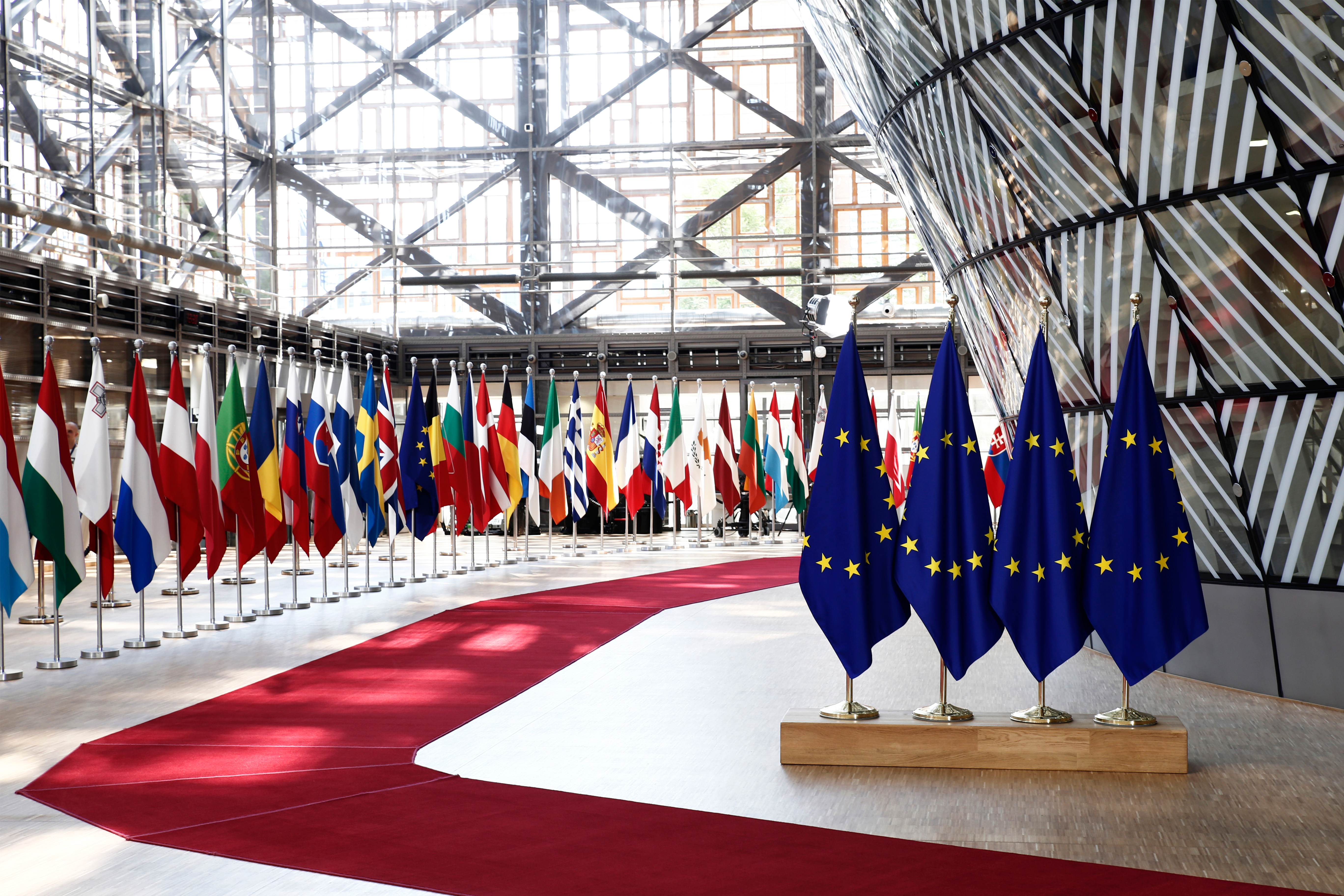
Elizabeth Tsagkari-Dymbalska is the Greek winner of the European Commission’s translation contest
The goal of the “Juvenes Translatores” competition is to promote language learning in schools and give young people a taste of what it is like to be a translator. The competition is open to 17-year-old secondary school students and takes place at the same time in all selected schools across the EU.
Elizabeth Tsagkari-Dymbalska is the Greek winner of the 12th Juvenes Translatores for secondary schools. The student of the General Lyceum of Vrachneikon in Achaia, submitted the best translation of the “European Year of Cultural Heritage” among the 94 contestants from 21 schools in Greece.
The European Commission’s translators – the organizers of the contest – selected the 28 winners among this year’s 3,252 participants from 751 schools across Europe.
Elizabeth Tsagkari-Dymbalska chose to translate from Polish because translation is part of her everyday life, due to the fact that her mother comes from Poland. She speaks also French and English and she wants to study Law, while she’s seriously thinking of combining her professional career with foreign languages.
It is not the first time that she has been involved in a European activity since she has been involved in the European Youth Parliament. “Knowledge of a single language is one-dimensional; language learning is much more than a simple qualification in a career curriculum vitae. Translation means a lot to me; it enables me to understand the culture of other people, ” she said when she heard about the results.
Mrs. Alexandra Kopana, Director of the General Lyceum of Vrachneika, took the initiative for the participation in the competition. Her school also participates in the eTwinning program – co-funded by Erasmus + – of the European Commission, as well as the Euroscola program of the European Parliament. “In these difficult times, European citizenship is pride and protection. We must have European consciousness. Linguistics gives us the ability to travel, see and compare, “said Mrs Kopana.
Commenting on the results from the competition, Commissioner Günther H. Oettinger in charge of Budget, Human Resources and Translation, said: “I am impressed by the language skills of these talented young people. Learning languages is key in today’s society. Languages open the door to more job opportunities and help people understand each other’s cultures and standpoints better. I wish all winners and participants to continue pursuing their interest in languages and spread the love for languages around them.”
This year’s edition of the Juvenes Translatores competition ran simultaneously in all participating schools. The competing students used 154 out of the 552 possible language combinations between each of EU’s 24 languages. Some of the most interesting choices were translations from Portuguese into Dutch, and from Hungarian into Finnish.
The European Commission’s Directorate-General for Translation has been organising the Juvenes Translatores (Latin for ‘young translators‘) contest every year since 2007. Over the years, the competition has become a life-changing experience for many of its participants and winners. For example, following her trip to Brussels, the Slovenian winner of the 2010 edition, Ms Tina Zorko, decided to study translation at university and has recently joined the European Commission’s translation department as a full-time translator.
Furthermore, the contacts of Italy’s 2016 winner, Ms Carolina Zanchi, with the translators from the European Commission, inspired her to learn more about applied languages and she is now studying patholinguistics in Germany.











